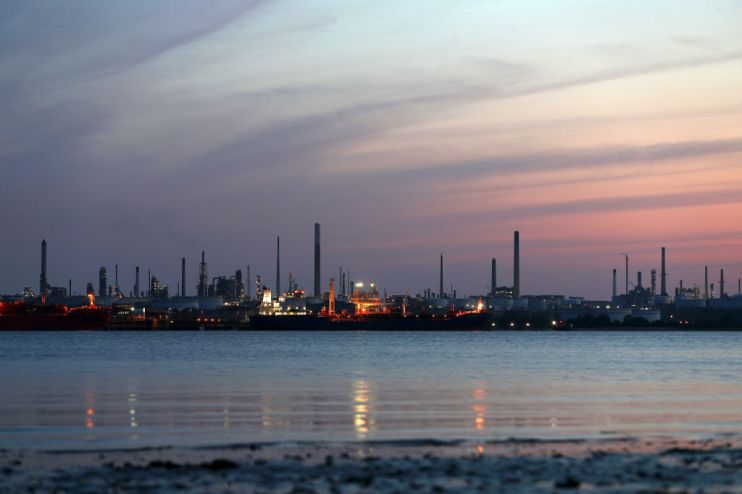IEA warns of supply deficits with Russian oil isolated from global markets

The world is set for a supply deficit of 700,000 barrels per day in the second quarter of this year, according to the International Energy Agency (IEA), raising the prospect of further market rallies
The organisation forecasts that as much as three million barrels per day of Russian oil could be cut off from global markets next month, as sanctions bite while buyers remain hesitant.
It said: “We see a reduction in total [Russian] exports of 2.5m bpd, of which crude accounts for 1.5m bpd and products 1m bpd.”
This is the IEA’s first report following Russia’s invasion of Ukraine offers a bleak picture of undersupply and uncertainty for the oil market.
Earlier this month, Brent Crude soared to $139 per barrel, but prices on both major benchmarks are now hovering around $100 again, with markets hugely influenced by increasingly volatile geopolitical developments.
Currently, Russia exports between 7-8m barrels of crude and products daily to global markets.
Alongside reduced supplies, the IEA lowered its forecast for world oil demand for the second to fourth quarters of 2022 by 1.3m barrels per day.
For the full year, it cut its growth forecast by 950,000 barrel per day to 2.1m bpd for an average of 99.7m barrels per day.
That would mean a third year of demand below pre-pandemic levels which the agency had previously seen recovering in 2022.
Meanwhile, India is currently weighing up the possibility of Russian oil – which is being traded at over $20 discounts to Western supplies – with the country not joining in with Western sanctions.
Boris Johnson heads to the Gulf to persuade OPEC+ nations to boost oil supplies
Oil markets are already tight, with OPEC+ persistently failing to reach its raised output targets.
The group had committed to raising oil production by 400,000 barrels per day every month this year but has so far fallen short of the pledged production boost.
Prime Minister Boris Johnson is the latest voice to challenge OPEC+ to boost production.
Earlier today, he held talks with United Arab Emirates’ de facto leader Crown Prince Mohammed bin Zayed al-Nahyan, and stressed the need for countries to work together to stabilise global energy markets,
This was the first stop of a visit to the Gulf as part of Western efforts to secure more oil supplies and increase pressure on President Vladimir Putin over Russia’s invasion of Ukraine.
He is due to arrive Saudi Arabia later today.